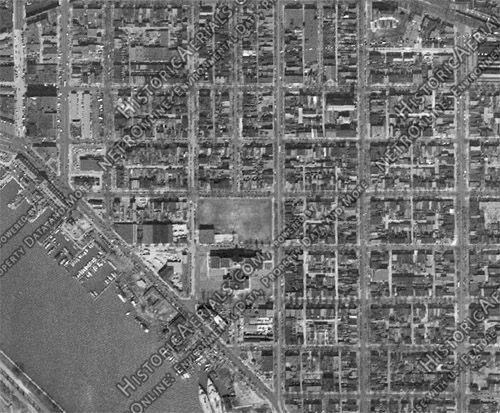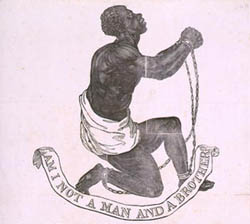Today’s question comes from The Agitator (2011-01-20), about a recent police raid on a medical marijuana dispensary in the suburbs of Metro Detroit:
Dear Dr. Anarchy:
Earlier this month, police in Oakland County, Michigan raided a medical marijuana dispensary in the town of Oak Park. The deputies came in with guns drawn and bulletproof vests, with at least one wearing a mask.
They made no arrests, but they did clean the place out. The confiscated all of the dispensary’s cash on hand and–in a particularly thuggish touch–also took all of the cash from the wallets and purses of employees and patients.
… Under Michigan’s asset forfeiture law, 80 percent of the cash the deputies seized will go directly to the Oakland County Sheriff’s Department. The other 20 percent goes to the local prosecutor. Medical marijuana is legal under Michigan law but is of course still illegal under federal law. And apparently there’s some debate about the legality of dispensaries. All of which means this particular dispensary will have a hard time proving it earned the seized cash legitimately. I doubt the patients and employees will get their cash back, either. The cost of challenging the seizure is likely several times more than the amount of money most people carry on their person.
In light of all this, Balko asks, So how is this different from armed robbery?
The short answer to the rhetorical question is that it isn’t. The longer answer is that, aside from the gang colors, there are two differences between an official armed robbery like this one, and the stereotypical armed robbery carried out by freelancers.[] The first difference is that when gangsters without badges rob you, you could in principle go to the police about it and try to get the robbers arrested. But when the gangsters who robbed you are the police, and are happy to arrest you if you complain about the robbery, then who do you go to?
The second difference is that after gangsters without badges rob you, at least they usually let you go on your way; they spend the money on private indulgences, and leave you alone. But when gangsters with badges rob you, they take the money and use it to finance the more raids, more arrests, more brutality, and more efforts to control the behavior of people like you and force you to submit to their insane and arbitrary laws. As Spooner writes in No Treason 6.3.5:
The highwayman takes solely upon himself the responsibility, danger, and crime of his own act. He does not pretend that he has any rightful claim to your money, or that he intends to use it for your own benefit. He does not pretend to be anything but a robber. He has not acquired impudence enough to profess to be merely a protector,
and that he takes men’s money against their will, merely to enable him to protect
those infatuated travellers, who feel perfectly able to protect themselves, or do not appreciate his peculiar system of protection. He is too sensible a man to make such professions as these. Furthermore, having taken your money, he leaves you, as you wish him to do. He does not persist in following you on the road, against your will; assuming to be your rightful sovereign,
on account of the protection
he affords you. He does not keep protecting
you, by commanding you to bow down and serve him; by requiring you to do this, and forbidding you to do that; by robbing you of more money as often as he finds it for his interest or pleasure to do so; and by branding you as a rebel, a traitor, and an enemy to your country, and shooting you down without mercy, if you dispute his authority, or resist his demands. He is too much of a gentleman to be guilty of such impostures, and insults, and villainies as these. In short, he does not, in addition to robbing you, attempt to make you either his dupe or his slave.
So, the only difference between police forfeiture raids and the more stereotypical forms of armed robbery is that police forfeiture raids are worse.






